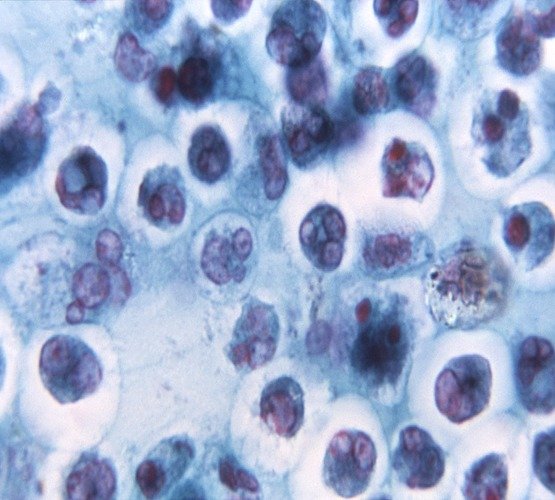Product photo

Product details
Name: Phytochrome A, photoreceptor PhyA protein
Size: 200 µg
Catalog no.: AS07 220
Order on Gentaur.comProtein number
P14712
Raised in
Rabbit
Molecular weight (expected | аpparent)
124 kDa
TAIR number
AT1G09570
Clonality
Polyclonal
Clone
Polyclonal
Recommended dilutions for use
1: 1000 (WB)
Verified applications
western blot (WB)
Purification
Affinity purified serum
Available ordering format
Lyophilized in PBS pH 7.4
Verified reactivity
Arabidopsis thaliana, Nicotiana benthamiana
How to reconstitute
For reconstitution add 200 µl of sterile water.
No reactivity
no confirmed exceptions from predicted reactivity known in the moment
Supplementary information
careful sample collection is adviced to assure the best results with this antibody
References
Paik et al. (2012). Phytochrome regulates translation of mRNA in the cytosol. PNAS 109 (4): 1335-1340.
Notes
in vivo pull down assay for PhyA and western blot analysis of eluted proteins is described in this paper.
Possible reactivity
Brassica rapa, Lathyrus sativus, Fragaria ananassa, Glycine max, Lotus corniculatus, Medicago truncatula, Nicotiana benthamiana (PhyA1), Nicotiana tabacum, Pisum sativum, Populus balsamifera, Ricinus communis
Connected products
AS06 198 | anti-FT/TSF | flowering locus T and twin sister of FTAS16 3158 | anti-PhyB | phytochrome B proteinAS16 3147 | anti-SPA1 | supressor of PhyA-105AS12 2112 | anti-PIF5 | phytochrome interacting factor 5
Scientific context
Phytochrome A (PhyA) is the primary photoreceptor mediating various responses to far-red (FR) light in plants. Alternative protein names: FAR RED ELONGATED HYPOCOTYL 2, FAR RED ELONGATED 1, ELONGATED HYPOCOTYL 8.
Immunogen
KLH-conjugated synthetic peptide derived from conserved plant PhyA protein sequences including Arabidopsis thaliana UniProt:P14712, TAIR:At1g59070; peptide sequence is not present in other plant phytochrome forms (B-E)
Storage condition
store lyophilized/reconstituted at -20°C; once reconstituted make aliquots to avoid repeated freeze-thaw cycles. Please, remember to spin tubes briefly prior to opening them to avoid any losses that might occur from lyophilized material adhering to the cap or sides of the tubes.
